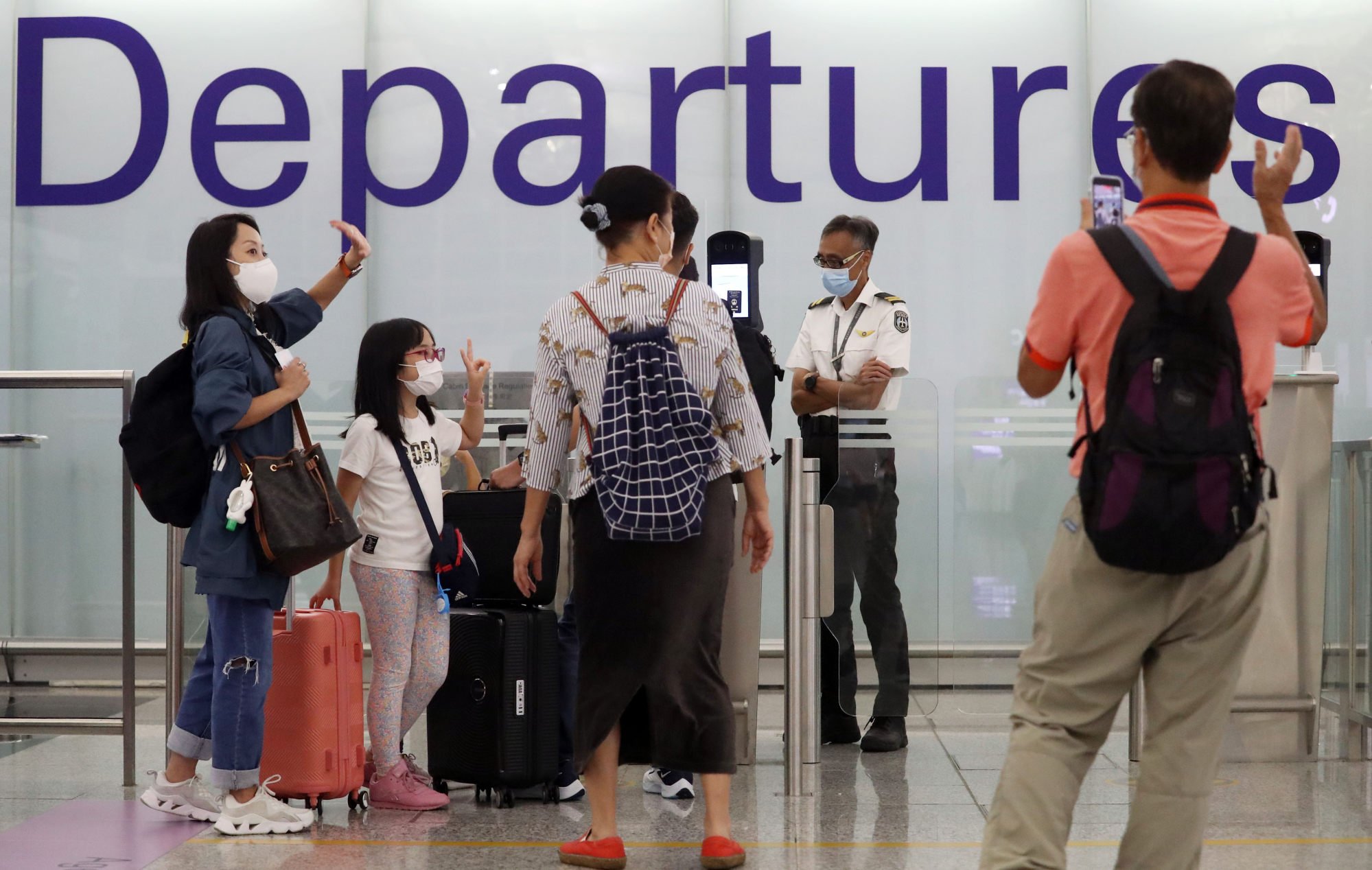The number of Hong Kong students studying at state schools in England has surged by nearly one third in the academic year compared with the previous year, with Birmingham, Nottinghamshire and Barnet the most popular choices, a government survey has found.
The annual survey led by the Department of Education, completed voluntarily by state-funded schools, showed that at least 7,100 students from Hong Kong were studying there during the 2023-24 academic year, up by 32 per cent from 5,400 the year before.
It demonstrated a continued upwards trend as the figure only stood at 3,068 in 2021-22 and 1,081 in 2020-21, the year before London rolled out the bespoke BN(O) immigration pathway for Hongkongers.
The scheme was launched in January 2021 in response to the Beijing-imposed national security law the year before.
More Hong Kong students were expected to be studying at state schools than what the survey had suggested given it was not mandatory for schools to fill in the information.
According to the survey, the council of Birmingham reported having the largest number of Hong Kong students studying in state schools among around 150 local authorities. It recorded having 946 students from Hong Kong, up from about 800 last school year.
It was followed by Nottinghamshire, which is located in East Midlands of England, and Barnet, which is situated in the North-East of London. The two councils reported they had 661 and 486 students from Hong Kong respectively.
The top three places were followed by Essex, Kent, Warrington, Hertfordshire and Trafford.
In terms of the ethnicity of the students in state schools, the category of “Asian-Chinese” – which covered Hongkongers – saw the second largest jump among all ethnic groups, up by 8.6 per cent compared to the year before, followed by black students, which marked a 12 per cent rise.

There were 9.1 million students in England’s state schools.
Most of the Hong Kong students, or 31 per cent of them, were aged between seven and 11 and enrolled in Year Three to Six.
The second largest share, or 29 per cent of the total, were children aged 11 to 14, who were in Year Seven to Nine. Another 14 per cent were aged between 14 and 16.
The figures echoed an earlier finding by the Post that Hong Kong primary schools have been hit hard by an emigration wave to the United Kingdom. Statistics show 19,280 children between the ages of six and 11 constituted 13 per cent of the BNO visa holders, which is the highest among different student age groups.
A Kent County Council spokesman told the Post that their officers were working to support those from Hong Kong who “call Kent home”.
“Officers continue to provide support to Hong Kong families, including where they choose to make arrangements for their child’s education,” he said.
According to an annual census conducted in January by the United Kingdom’s Independent Schools Council and released last Friday, 7,677 students from the city were studying in private schools in the country, down from a record of 8,011 last year.
But education consultants earlier said Hong Kong families may be put off by a possible hike of tuition fees introduced under the new Labour Party government, as it has pledged it would remove the current exemption from value-added tax and business rates for independent schools.
Students from Hong Kong moving to the UK have to pay international tuition fees before they secure settled status. Some groups representing Hongkongers have advocated for home fee status for BN(O) migrants.
Australia, Britain, Canada created special immigration pathways for Hongkongers after Beijing imposed the national security law banning acts of secession, subversion, terrorism and collusion with foreign forces.
Hongkongers who move to Britain via the British National (Overseas) pathway will be allowed to work, study and live in Britain for six years, after which they will be eligible to apply for citizenship.
As of March, about 144,400 BN(O) visa holders had arrived in the UK.


